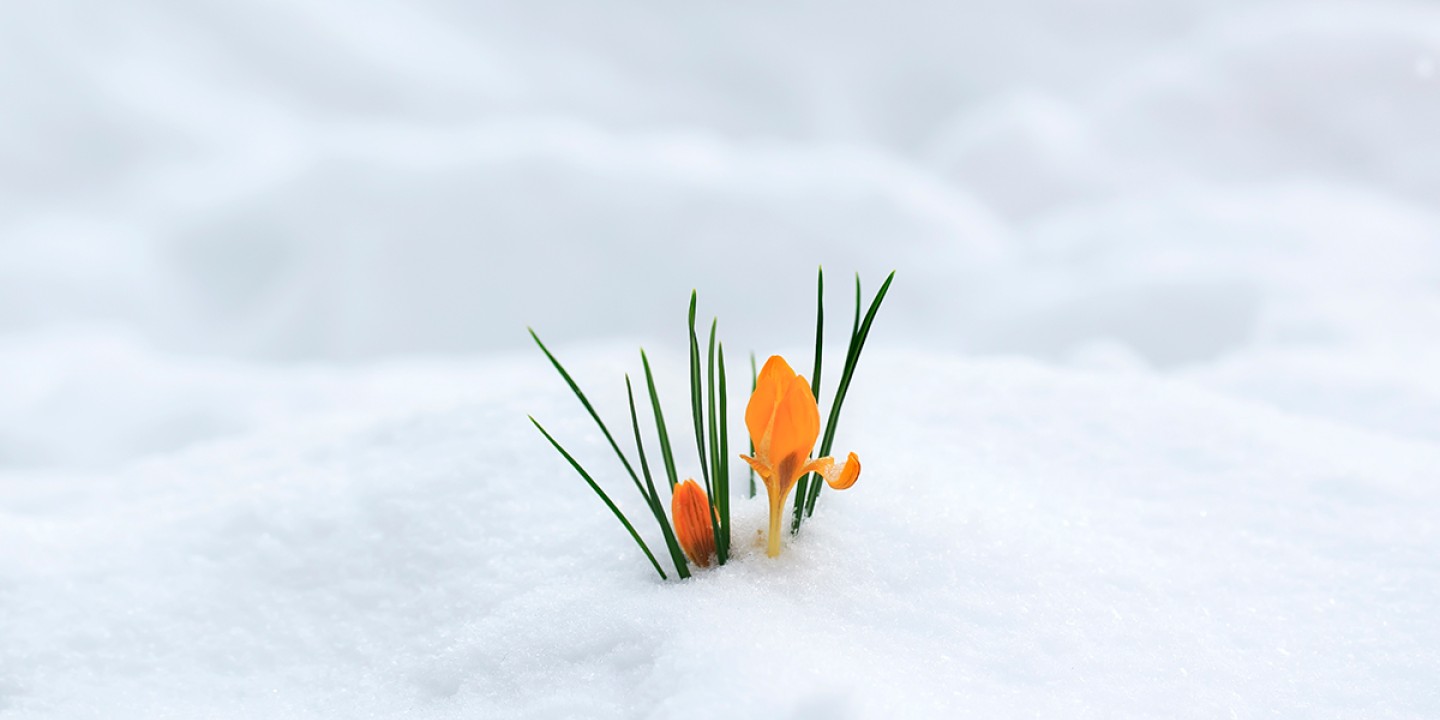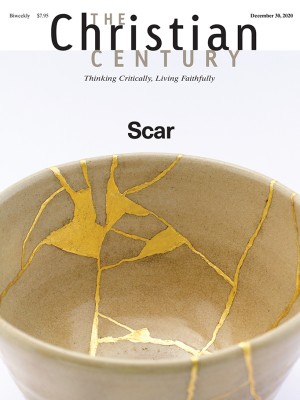Epiphany after a hard year
Lately I find myself returning to the writing of Brian Doyle.

Epiphany: The church’s feast marking Jesus’ manifestation to the Gentiles and the culmination of the 12 Days of Christmas. Epiphany: a sudden insight or realization often brought on by an experience of the ordinary or commonplace. Epiphanies: a weekly column penned by Brian Doyle for the American Scholar from early 2013 until his death from brain cancer in 2017.
For Roman Catholics, Epiphany is a solemnity, a liturgical celebration of the highest rank, though not a holy day of obligation. While the Orthodox commemorate Jesus’ baptism on Epiphany, also known in the Eastern churches as Theophany, Catholics and many Protestants center the celebration on the Magi who brought gifts to the infant Jesus. Legends about these figures are beloved in Europe, where they have names like Caspar, Melchior, and Balthazar. Toddlers with tinfoil crowns are their popular avatars in American Christmas pageants.
Read our latest issue or browse back issues.
As with the whole of the nativity story, it is difficult to retrieve the political dimensions of the single, brief allusion to “wise men from the East” found only in Matthew’s Gospel. We are aware that they double-crossed Herod; we know of the slaughter of innocents that resulted from that despot’s rage and paranoia. But we often miss their role in what biblical scholar Richard Horsley describes as Herod’s reign of tyranny and exploitation—“what today would be called a police-state, complete with loyalty oaths, surveillance, informers, secret police, imprisonment, torture and brutal retaliation against any serious dissenter.”
Now that’s an epiphany.
Contrary to the popular Christmas carol, these men weren’t kings. Magoi were sages who served as political advisers or officers in the Persian court. Their resistance to Roman imperial power would have been a requirement for the job. Matthew’s telling of their tactical undercutting of Herod’s violent insecurities makes their story immediate and illuminating if we are paying attention.
In our own time, almost a year into a global pandemic, we have seen the powerful play politics with the lives of the vulnerable. There have been sages among us who have tried to thwart machinations born of ego and denial; hundreds of thousands have died anyway. As we have all lived the fury and exhaustion of these days, unsettling epiphanies have now become settled truths: divisive politics and inept leadership really can kill us; hostility to medical science is not abstract; to be in this world is to have precious little control over our lives. There have also been welcome realizations, perhaps not true epiphanies but rediscovered wisdom nonetheless: working from home will consume our lives if we let it; loneliness is a significant risk factor for poor health and premature death; we are embodied creatures who need regular, meaningful connection with other creatures and with all of creation.
In recent months I have been reading Brian Doyle, whose poetry and prose often appeared in these pages. His ardent attention to the dramas of the everyday, like raising children and reading books; his praise of the prosaic and the particular—a place, a person, a hawk, an otter; his bearing witness to both tenderness and absurdity, to the tragic and the slapstick; his famously meandering sentences with their cascading clauses, ungrammatical asides, and questionable punctuation: all these were his signature syntactical moves, by turns exhilarating and exasperating. In his columns for the American Scholar and in hundreds of other essays and poems, Doyle explored familiar things in ways that render them surprisingly new. That thing we’ve all done, slowing down near the end of a good book because we don’t want it to be over? He named it with playful, knowing eloquence.
As a Catholic, Doyle railed against all that is embarrassing, corrupt, and criminal in the church and then reminded those of us who often go to mass with our teeth clenched that the “Catholic Church isn’t a huge corporation as much as it is a vast amalgam of small villages in which people hold hands against the dark and believe the unbelievable.” He wrote about suffering and death. In an essay titled “On Not ‘Beating’ Cancer,” he rejected that trite, militaristic metaphor, prefiguring his own way of facing the same disease that would kill him almost ten years later: “Maybe if we celebrate grace under duress rather than the illusion of total victory we will be less surprised and more prepared when illness and evil lurch into our lives, as they always will.”
One of his lines comes to me almost daily now. It is uncharacteristically brief, from a short prose piece in which he describes how his son faithfully, wordlessly wrestled socks onto Doyle’s own feet every morning during a period of intense, immobilizing pain. Of all the possibilities of love between two people, that simple act of caretaking occasioned for Doyle a wondrous epiphany, one that can do some work for all of us when we too find ourselves overcome by overtures of grace in the midst of suffering or sorrow that might otherwise crush us: “No matter what happens to me, that happened to me.”






